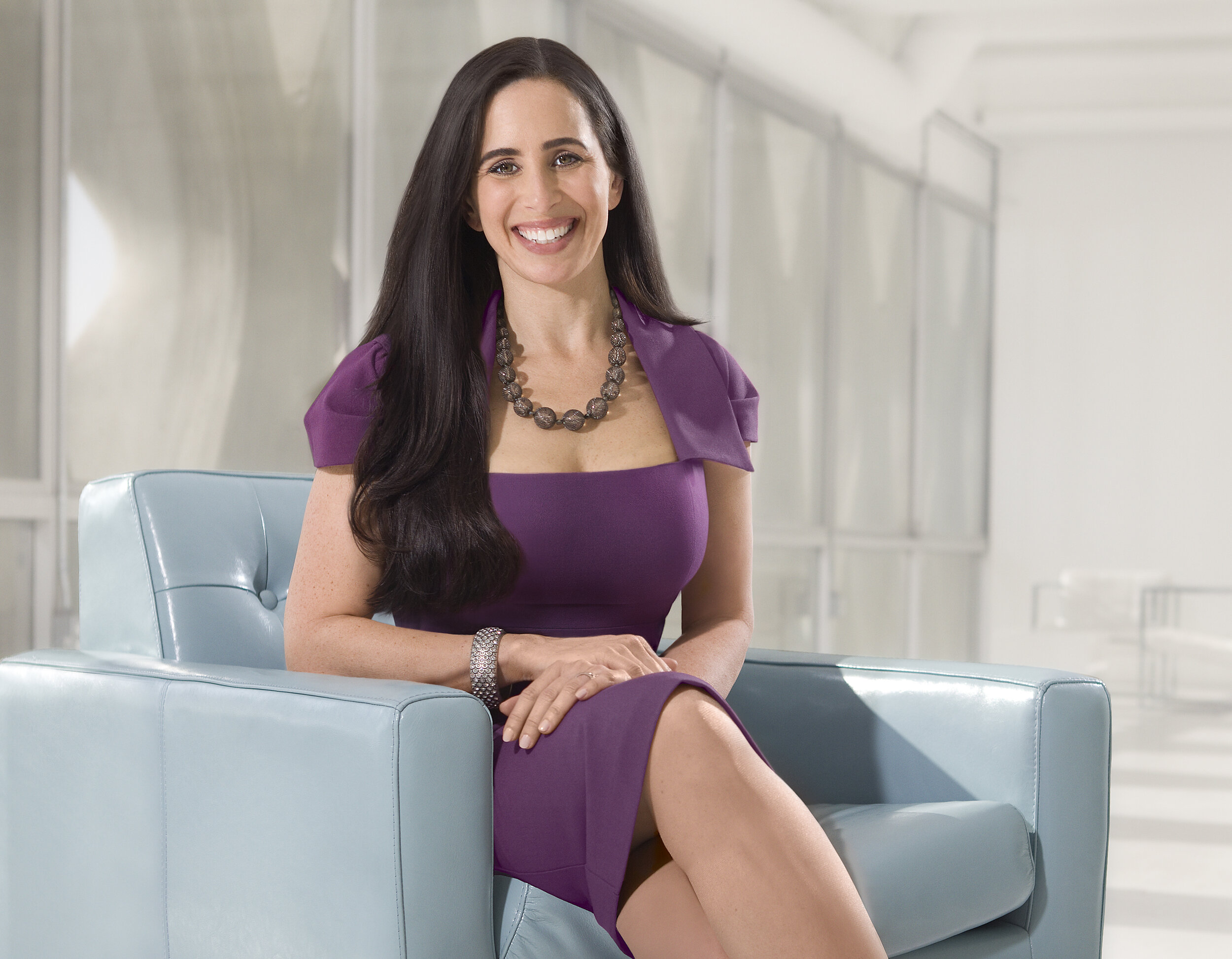#38: Jon Gordon (Bestselling Author) — On Staying Positive, Self-Belief, and the Comparison Trap
Jon Gordon's best-selling books and talks have inspired readers and audiences around the world. His principles have been put to the test by numerous Fortune 500 companies, professional and college sports teams, school districts, hospitals, and non-profits. He is the author of 20 books including 8 best-sellers: The Energy Bus, The Carpenter, Training Camp, You Win in the Locker Room First, The Power of Positive Leadership, The Power of a Positive Team, The Coffee Bean and his latest Stay Positive.
Jon and his tips have been featured on The Today Show, CNN, CNBC, The Golf Channel, Fox and Friends and in numerous magazines and newspapers. His clients include The Los Angeles Dodgers, Campbell’s Soup, Dell, Publix, Southwest Airlines, Miami Heat, The Los Angeles Rams, Snapchat, BB&T Bank, Clemson Football, Northwestern Mutual, West Point Academy and more. Jon is a graduate of Cornell University and holds a Masters in Teaching from Emory University. He and his training/consulting company are passionate about developing positive leaders, organizations and teams.
Jon has two new books coming out this year, The Garden and Relationship Grit. The Garden is an enlightening and encouraging spiritual fable that reveals the 5 D’s that can sabotage us and a proven plan to help us overcome and win the battle in our mind. Rooted in Jon Gordon’s faith tradition, this fable is a different kind of book than his previous business fables. However, in his familiar trademark style, he takes a complex subject and simplifies it to help people take action and improve their lives.
Everyone will struggle with fear, anxiety, or stress at some point in their lives, and everyone will have to overcome these challenges to create the life they were meant to live. Given that there are many contributing factors that influence how we think and feel, Jon wrote this book to share how the power of love, encouragement, truth, faith, and belief can be part of the solution.
In Relationship Grit, Jon and his wife, Kathryn, reveal what brought them together, what kept them together through difficult times, and what continues to sustain their love and passion for one another to this day. They candidly share their mistakes, decisions that almost destroyed their marriage, and successes so you can learn from their experiences and make your relationship stronger.
Connect with Jon on Twitter, Facebook, LinkedIn, Instagram and Youtube.
Help us grow by leaving a rating or review on Apple Podcasts
Partner with us financially at Patreon
Follow us on Facebook











































